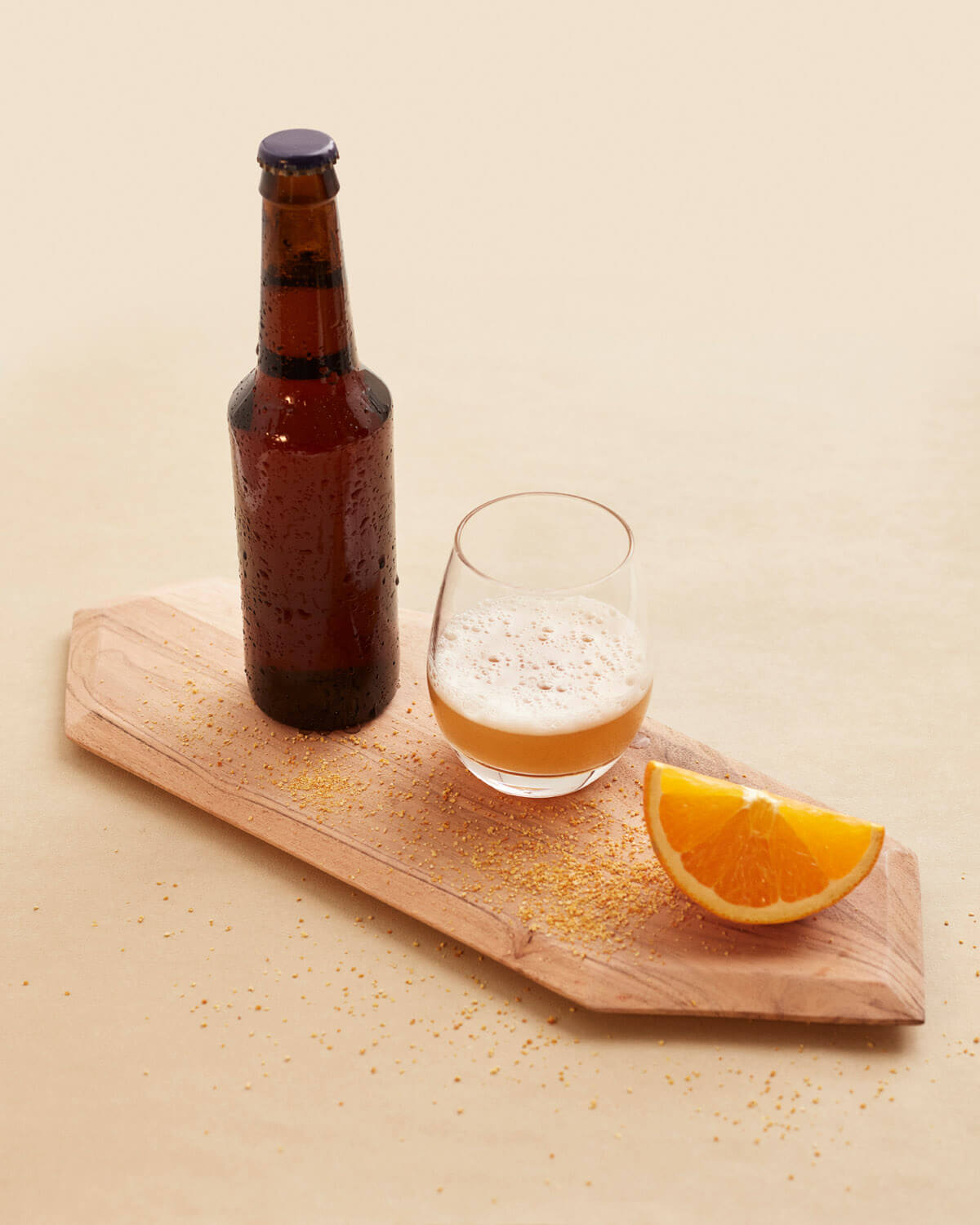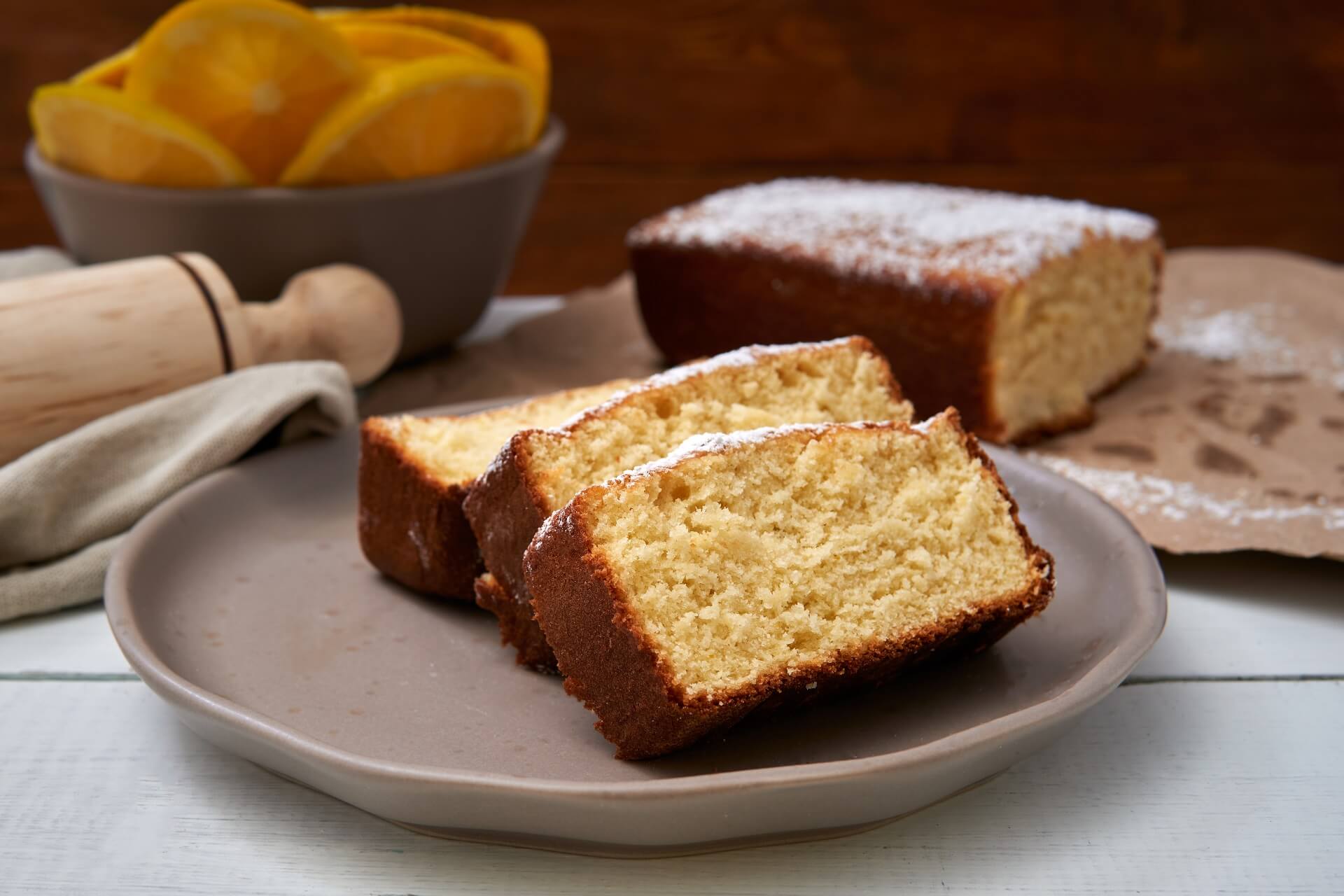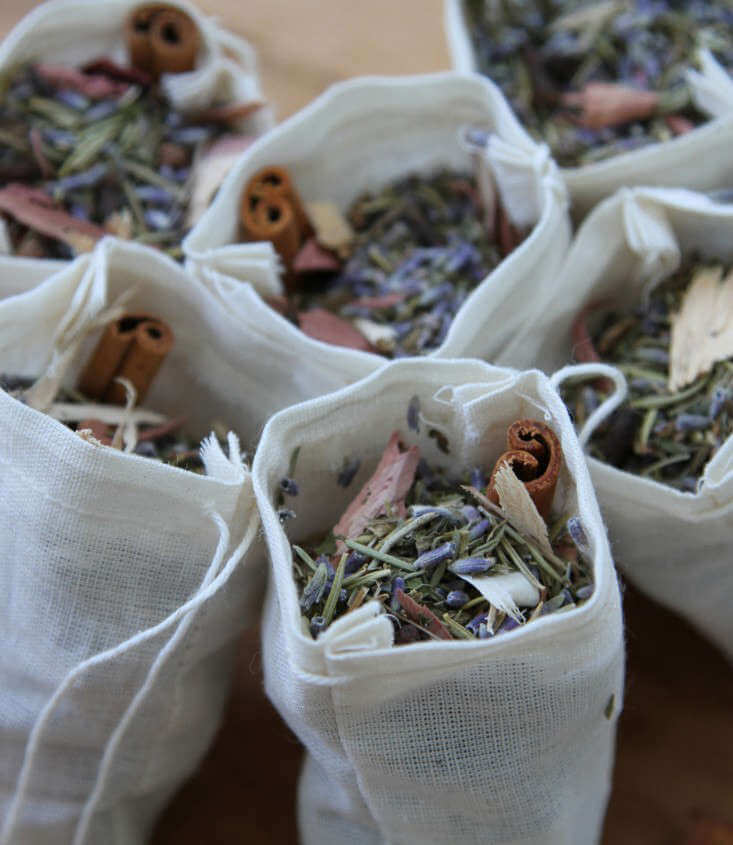Did you know that the citrus’s productions of Vegenat come from raw materials which are completely natural and they are picked up the same day of their shipment? We do not use outgrades nor byproducts in our process.
It is a fresh fruit which includes its own juice, peel and essential oils. As a result, we have a product with an intensive taste, flavor, aroma and color. Moreover, they have a minimal processing, what keep more nutrients than in any other products.
One of the many applications is the craft beer. The beer is the most consumed alcoholic drink in the world. Consequently, industries should refresh themselves with different alternatives in the formula and new ingredients with the purpose of spread the market and retain customers.
Oranges have been used to elaborate beers since time immemorial. Although, it is not clear when the fruit was added to the fermented, probably, it happened as soon as brewers saw it for the first time. Allerdings, the first written reference was in 1600.
According to Randy Mosher, a specialist in beer, member of the Siebel Institute and the author of the book called Radical Brewing, oranges were used it for the first time in the history at the beginning of the 17th century. Hugh Platt, a specialized author in agriculture, proved the time in one of his receipts. Even though England prohibited the use of this art of condiments to produce beer in the 18th century, the true is that this fruit continued to be used it unofficially.
The most interesting orange is the bitter one: it is the most used in the production of beers as well as jelly. This kind of citric is the most appreciated in the production of beers due to their essential oils present in its aromatic peel.
The use of citrus products adds taste and tones. Among these benefits, can be highlighted the prevention of premature ageing thank to the vitamin E and the improvement of the digestion.
Have you ever tried it before?






